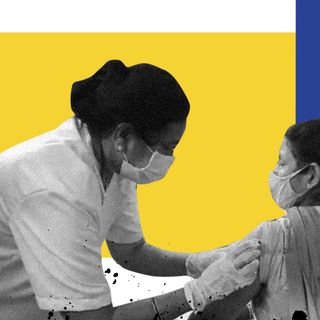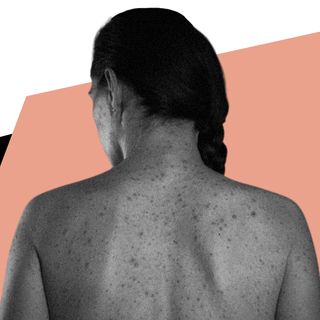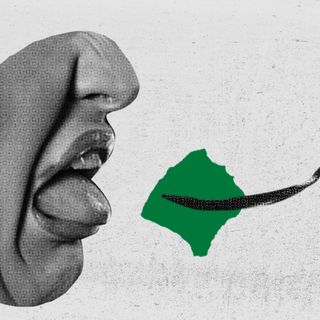Uttarakhand’s AYUSH Minister Harak Singh Rawat announced this week that ayurvedic doctors will be allowed to prescribe allopathic drugs to patients in case of emergencies. The decision has sparked outrage from the Indian Medical Association (IMA), who pointed out the ayurvedic doctors’ lack of expertise and called the move “illegal.”
The decision renew the tussle between Ayurveda and allopathy, which has become pertinent during the pandemic. The government claims the initiative will make health care more accessible for a hilly state like Uttarakhand, where individuals living in rural areas have to travel long and far to access hospitals and medication. Hilly areas are also more disaster and accident-prone due to both natural and man-made reasons. This lack of access to modern medicine can prove dangerous, even fatal, when it comes to critical health problems, childbirth, and pregnancy complications.
Most of the state’s 800 ayurvedic doctors and dispensaries are located in remote hill areas — allowing them to prescribe emergency allopathic medicine and save lives.
However, experts also note the potential for misuse and mistreatment. It is unclear if AYUSH doctors are trained to prescribe allopathic medication at all — lack of knowledge before prescribing medication may cause more harm than good.
Related on The Swaddle:
AYUSH Disciplines Have Value in the Context of Covid19, Despite Unscientific Claims Like Patanjali’s
Further, the Uttarakhand branch of the IMA strongly condemned the decision, citing the illegality of mixopathy — the mixing of ayurvedic and allopathic medicine. The Medical Council of India also discourages the use of ayurvedic and allopathic medicine together. The Supreme Court has condemned the use of allopathy by untrained ayurvedic doctors in several previous cases, and has held AYUSH doctors guilty of negligence in cases where patients died.
“Mixopathy will only harm patients in an emergency. The Supreme Court and the high courts are very clear on this. Ayurvedic doctors cannot practice allopathy as they are not qualified for it,” IMA Uttarakhand secretary Ajay Khanna told The Wire, adding: “How can ayurvedic doctors prescribe allopathic medicines without knowing about allopathy?”
In response, the vice president of Uttarakhand ayurvedic statutory body Bharatiya Chikitsa Parishad told The Wire, “The IMA has double standards. AYUSH doctors work in the ICUs and emergency wards of hospitals. The IMA has no problem with that. But now, when something is going to benefit such a large number of people in the hills, they have a problem.”
Access to evidence-based medicine from qualified healthcare workers takes precedence in all medical practices. The Uttarakhand AYUSH Ministry’s decision is a unique way to solve the problem of access to healthcare in rural, hilly regions. One can only hope that the state government prioritizes training ayurvedic doctors to follow evidence-based medicine too.




